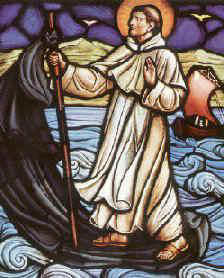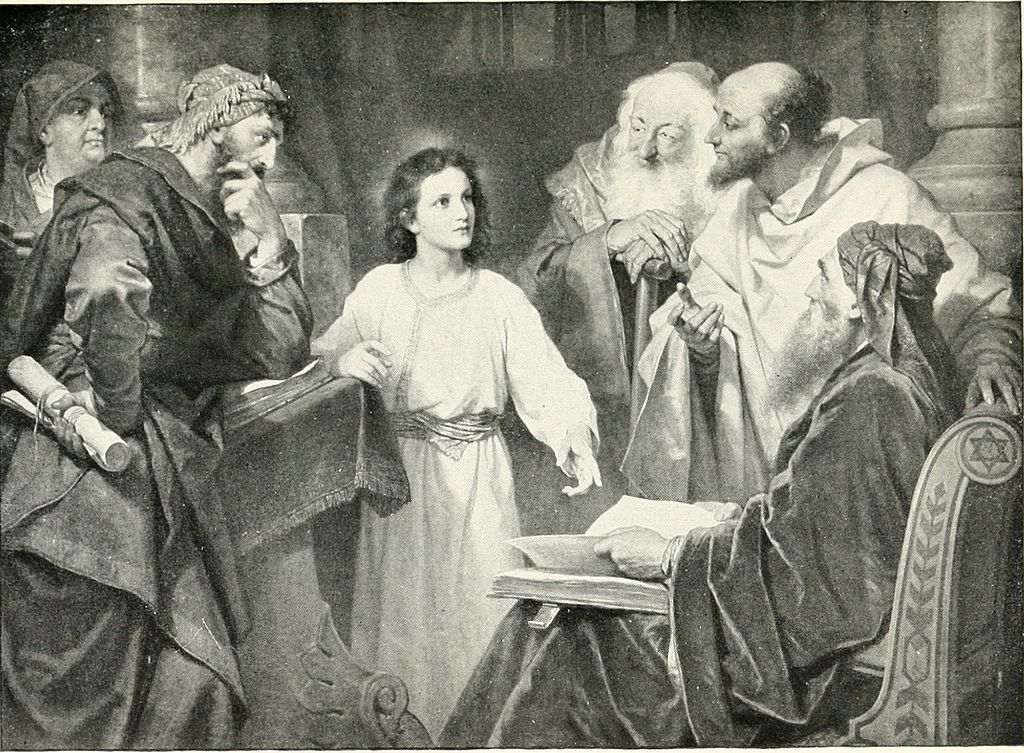|
To work for the proper implementation of canon law is to play an extraordinarily constructive role in continuing the redemptive mission of Christ. Pope St. John Paul II |
|
|
|
|
|
Updated 20 apr 2024 |
Canon Law for Pastoral Ministry (AT 550) |
|
Notices ► |
|
|
General remarks
|
Per the SHMS Bulletin, this course presents a survey of the role and nature of law in the Church, including principles of law and interpretation; a brief overview of the historical foundations of the Churchs legal system. Primary focus will be given to Books Two, Four, and Five of the 1983 Code of Canon Law and their relationship to the ecclesiology of Vatican II and applications to parish ministry.
Class meets: MON & WED 6:00 to 7:50 pm, Room 112.
Required texts: No texts need be purchased for this course, but students will need access to:
Canon Law Society of America, Code of Canon Law, Latin-English Edition, New English Translation (Canon Law Society of America, 2012) ISBN: 1-932208-32-1, or later; text only available here. The professor will bring hard copies of the 1983 Code to class for student use.
various documents listed below.
Recommended texts: Any standard canonical commentary, info here. Several are on reserve under Dr. Peters' name in Szoka Library.
Class format: Interactive lecture. While every syllabus is, as noted elsewhere, just a guide, we can be more flexible yet in addressing topics as they come up in our discussion.
Course grading: Two exams consisting of multiple choice, true/false, fill-in-the-blank, and short answer questions, on on May = (second hour) the other on June = (second hour).
Outcomes: Gain understanding of the nature of canon law, see the similarities and differences between canon and American law; recognize when canon law is likely to be especially important; know the major parts of the 1983 Code and identify resources for understanding and applying it.
|
|
Topics
Canons are not always listed in the order that we will actually discuss them.
|
Session 1. History and nature of Canon Law I. Themes 1. Definition of canon law, type of society served by canon law, definition of law Reading 1. John Paul II on the importance of canon law and lawyers, here.
If you wish a single recommendation which might summarize all We are seeking to convey to you, We will tell you that over and beyond all of the studies in your specialized fields of concentration, you should attempt to cultivate and form your minds in the spirit of the Eternal Truth which is the foundation of all Law and of all justice. Pope Pius XII (1956)
Session 2. History and nature of Canon Law II. Themes 2. Types of law, types of canons, post-Gratian development of canon law Reading 2. ap. con. Sacrae disciplinae leges (1983), here.
The instrument, which the Code is, fully corresponds to the nature of the Church, especially as it is proposed by the teaching of the Second Vatican Council in general, and in a particular way by its ecclesiological teaching. Indeed, in a certain sense, this new Code could be understood as a great effort to translate this same doctrine, that is, the conciliar ecclesiology, into canonical language. If, however, it is impossible to translate perfectly into canonical language the conciliar image of the Church, nevertheless, in this image there should always be found as far as possible its essential point of reference. John Paul II, ap. con. Sacrae disciplinae leges (1983) [18].
1917 Code of Canon Law, info here.
Eastern Canon Law, info here.
I suggest that the following sequence reflects the main development in canonistics:
Session 3(a). The mechanics of canon law. Themes 3. Codes and their parts, canons, citations, fontes, commentaries Reading 3. Canons 1-6, 10, 11
Session 3(b). General Norms. Themes 4. Limitations of law, interpretation of law & dicasteries, dispensation ( ≠ impossibility) Reading 4. Canons 16, 17, 19, 21, 22, 85, 86, 87, 89, 90,
Sessions 4-5. Church structures I & II Themes 5-6. Universal, particular, parochial Reading 5-6. Canons 330, 331, 336, 342-343, 349, 364, 368-369, 375, 431, 435, 447, 455, 460, 465, 466, 469-471, 475, 482, 492, 511, 515, 518, 532, 553
And so I say to you, you are Peter, and upon this rock I will build my church, and the gates of the netherworld shall not prevail against it. I will give you the keys to the kingdom of heaven. Whatever you bind on earth shall be bound in heaven; and whatever you loose on earth shall be loosed in heaven. Matthew 16: 18-19. See also Mt. 18:18.
Memorial Day Break (approx.)
Session 6. Review session, midterm exam.
Session 7. Rights and Duties of the Faithful. Themes 8. Faithful in general, lay faithful, clergy issues, religious Reading 8. Canons 204-207, 208-223, 224-231, 232, 265-268, 273, 288, 290, 583
Session 8. Sacraments and liturgy in general. Themes 9. Primacy of sacramental life, homilies Reading 9. Canons 18, 213, (762, 767), 836, 843, 837, 839
CCC 1113. The whole liturgical life of the Church revolves around the Eucharist and the sacraments.
CCC 1117. ... The Church has discerned over the centuries that among liturgical celebrations there are seven that are, in the strict sense of the term, sacraments instituted by the Lord.
CCC 1135. The catechesis of the liturgy entails first of all an understanding of the sacramental economy.
Session 9(a). Baptism, membership in the Church, power of governance. Themes 10. Who belongs, who directs Reading 10. Canons 96-98, 102, 129, 134, 135, 145, 150, 157, 184, 849, 850, 854, 867
Session 9(b). Confession, the Eucharist and holy Communion. Themes 11. Faculties, ministers, eligibility for reception of holy Communion Reading 11. Canons 897, 900, 901, 912, 914-917, 920
Session 10. Temporal Goods. Themes 12. Purposes of property, juridic persons, donations, administration Reading 12. Canons 113-114, 1254-1258, 1267
Session 11. Legal processes of the Church. Themes 13. Administrative vs. judicial procedures, marriage nullity actions Reading 13. Book 7, Part 3, Title 1, Matrimonial Procedures. Canons 1055, 1057
Francis, m.p. Mitis Iudex (2015), here
Session 12. Review session, final exam.
|
|||||||||||||||
|
Materials on this website represent the opinions of Dr. Edward Peters and are offered in accord with Canon 212 § 3. This website undergoes continual refinement and development. No warranty of completeness or correctness is made. Dr. Peters' views are not necessarily shared by others in the field nor are they intended as canonical or civil advice.
CanonLaw.info Homepage & Site Directory / Help support CanonLaw.info / Original Materials © Edward N. Peters |
|
Staging |





